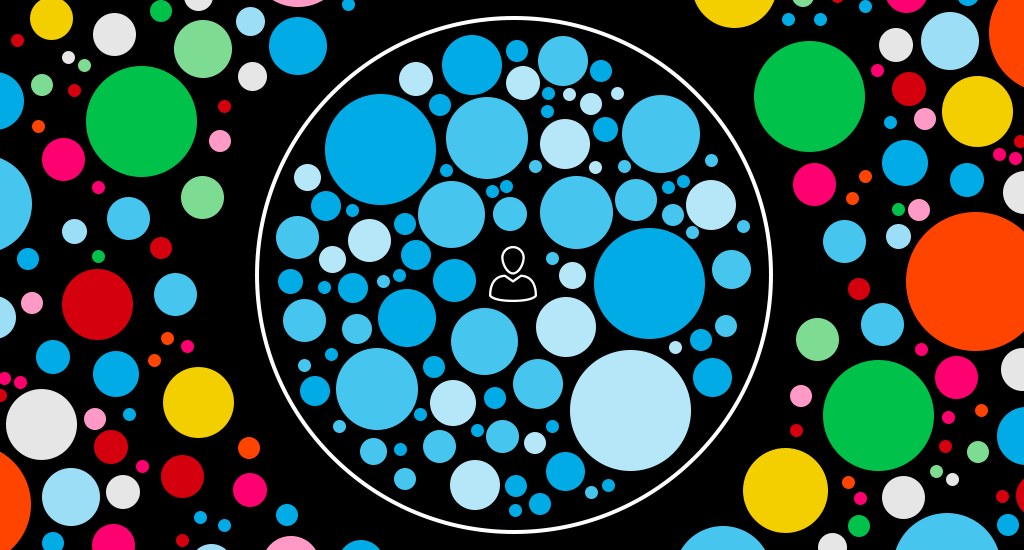filter bubble

filter bubble – sostantivo
It’s easy for people to live in a “filter bubble” of media that reinforces their worldview and excludes other views, whether they consume it via Facebook, favorite news websites, or preferred TV channels.
The authors conclude that “though the predicted filter bubble and echo chamber mechanisms do appear to increase online segregation, their overall effects at this time are somewhat limited“.
Coniata intorno al 2010, l’espressione filter bubble si è imposta all’attenzione collettiva a metà del decennio in corso in rapporto all’impatto preoccupante del fenomeno sulle opinioni politiche e sugli orientamenti di voto del pubblico. La cosiddetta ‘bolla di filtraggio’ si riferisce al modo in cui i motori di ricerca e i social utilizzano filtri personalizzati per ogni utente che ne analizzano i comportamenti in rete e mostrano solo i risultati più affini alle precedenti scelte, senza mai esporlo a idee e punti di vista alternativi e dunque rinforzandone le opinioni (e i pregiudizi). Questo meccanismo è analogo all’echo chamber, di cui abbiamo parlato qualche tempo fa in questo stesso blog. Nonostante gli scettici minimizzino il rischio del filter bubble, è senz’altro necessario e importante esserne a conoscenza.
Origini del termine
Il papà dell’espressione filter bubble, una parola macedonia formata dai sostantivi filter e bubble è l’attivista Eli Pariser, che la coniò nel 2010 e la utilizzò nel titolo di un suo saggio e di una conferenza TED del 2011.
Traduzione di Loredana Riu
filter bubble – noun
It’s easy for people to live in a “filter bubble” of media that reinforces their worldview and excludes other views, whether they consume it via Facebook, favorite news websites, or preferred TV channels.
The authors conclude that “though the predicted filter bubble and echo chamber mechanisms do appear to increase online segregation, their overall effects at this time are somewhat limited“.
Coined around 2010, the term filter bubble came to greater prominence in the middle of the current decade amid concerns that the phenomenon was having a distorting impact on people’s political views and voting decisions. It refers to the way in which the personalized algorithms used by social media and other online companies result in users being exposed only to views that coincide with their own. This results in a situation where people’s own beliefs and prejudices are constantly reinforced by the information they receive while never being challenged by alternative facts or viewpoints. This situation has been referred to as an echo chamber, where all a person hears is their own opinions reflected back at them and amplified. Although not everyone is persuaded of their impact, most agree that filter bubbles are real and that awareness of their existence is a good thing.
Origin
The term filter bubble was coined by the internet activist Eli Pariser around 2010 and used by him as the title of a 2011 book and a popular TED Talk. It is a compound noun formed from two other nouns, filter meaning something that blocks out unwanted items and bubble, meaning a place or situation where someone is protected from unpleasant realities.



